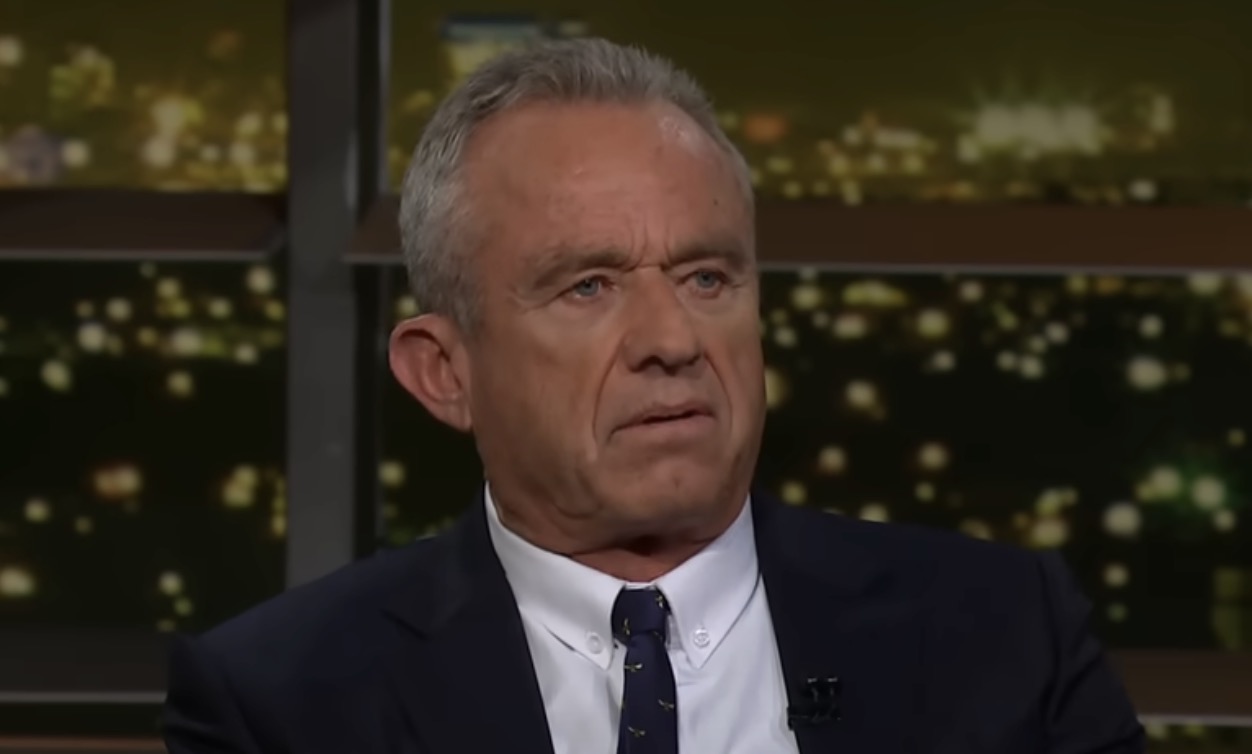Opinion | The author's opinion does not necessarily reflect Sarah Palin's view.
The pharmaceutical industry is reportedly bracing for potential changes as Robert F. Kennedy Jr. is set to lead Health and Human Services under President-elect Donald Trump. Kennedy has strongly criticized direct-to-consumer drug advertising, a practice allowed only in the U.S. and New Zealand.
Kennedy has vowed to overhaul the FDA, citing alleged ties between the agency and Big Pharma. He wrote, “FDA’s war on public health is about to end. If you work for the FDA and are part of this corrupt system, I have two messages for you: 1. Preserve your records, and 2. Pack your bags.”
The FDA, which oversees $3 trillion in products, receives 46% of its budget from pharmaceutical user fees. Critics have argued that such funding is a major conflict of interest.
Kennedy said, “In some categories, their entire departments, like the nutrition department in the FDA, they have to go. They’re not doing their job. They’re not protecting our kids. Why do we have Froot Loops in this country that have 18 or 19 ingredients, and you go to Canada, and it’s got two or three?”
Kennedy’s plans to reform the agency will face legal and logistical hurdles, including federal employee protections and the technical expertise required for regulatory changes.
Kennedy stated, “To eliminate the agencies, as long as it requires congressional approval, I wouldn’t be doing that.”
Kennedy added, “But I can get the corruption out of the agencies. This is what I’ve been doing for 40 years. I’ve sued all those agencies. I have a Ph.D. in corporate corruption and that’s what I do. Once they’re not corrupt, once Americans are getting good science and are allowed to make their own choices, they’re going to get a lot healthier.”
Industry analysts warned that banning DTC ads could significantly reduce profit margins, with some drugs seeing returns on investment drop from 100%-500% to much lower levels.
Pharmaceutical companies may face reduced innovation as they scale back investments in new therapies, fearing lower returns under stricter advertising regulations.
Legal challenges are expected, with companies likely arguing that banning DTC ads infringes on their First Amendment rights, setting up a contentious battle.
Kennedy has also expressed interest in reforming food and nutrition policies, aiming to address chronic disease rates and reduce reliance on unnecessary medications.









